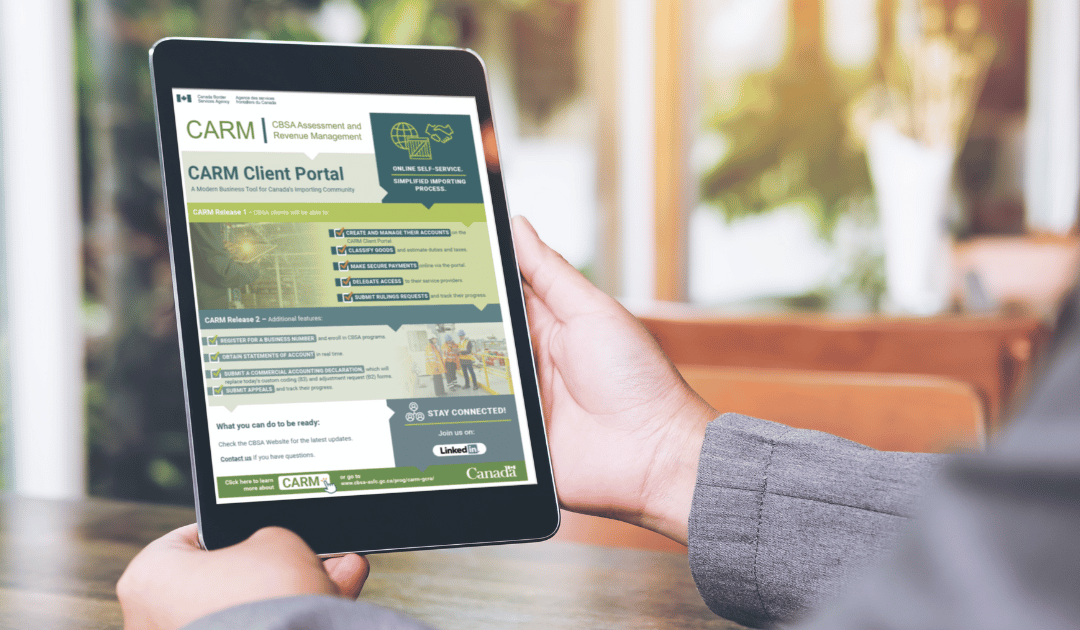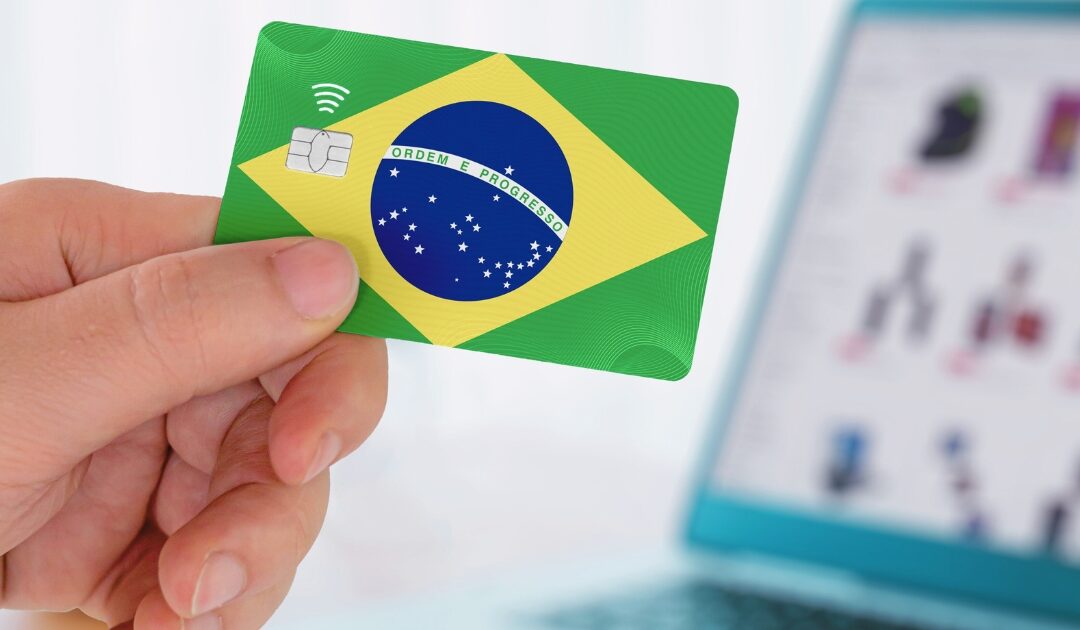When shipping any product overseas, you’ll need to consider the customs clearance process. No matter what you’re sending, a reasonable value must be provided for each item, even in cases where no money was exchanged. Understanding customs valuation is not just a legal requirement, but a critical component for smooth international transactions, and incorrect valuation can lead to a host of challenges such as delays and additional costs. Moreover, it can damage your brand’s reputation with customs authorities, increasing the likelihood that your shipments will be pulled for inspection and extending the time it takes for your products to reach customers. In this article, we’ll guide you through the ins and outs of customs valuation, helping you avoid common pitfalls and setting your business up for global success.
What is Customs Valuation?
Customs valuation is the process of determining the monetary worth of goods that are being imported or exported across international borders. This valuation is crucial for calculating the appropriate duties, taxes, and any other fees owed.
Customs Value Meaning
The term customs value refers to the total value of all items in your shipment. Typically this encompasses not just the price of the goods themselves, but may also include shipping fees, insurance costs, and additional charges incurred up to the port of entry.
Determining Customs Value
Every product crossing an international border must have an accurately stated value. The method used to determine this value depends on the reason for exporting the item and its intended use. Countries that are part of the World Trade Organization must use one of six approved methods in the WTO Valuation Agreement.
The go-to approach for determining customs value is to use the transaction value, which is the actual price the importer paid. If that price isn’t known, you should work your way down the list of approved methods to find an appropriate calculation.
Customs Valuation Methods
- Transaction Value: This refers to the amount paid by the importer, inclusive of additional expenses related to the shipment.
- Transaction Value of Identical Goods: Identical goods must have the same characteristics, composition, and function as the imported goods.
- Transaction Value of Similar Goods: Similar goods should bear a close resemblance to the imported items in terms of their characteristics, composition, and function.
- Deductive Value: This is determined by taking the sale or resale value of a product and deducting certain costs such as customs duties, taxes, and commissions.
- Computed Value: This method consists of adding together all the costs associated with the production process like materials, labor, and other expenses.
- Fall-Back Method: When the customs value cannot be calculated using any of the previous methods, it can be determined using reasonable information that is available to the exporting entity.
Handling “No Sale” Circumstances
There are various situations where businesses find themselves needing to ship products internationally without a traditional sale occurring. Such instances can range from product exchanges and warranty replacements to promotional giveaways and special offers. For these “no sale” transactions, it’s important to adhere to the following guidelines for customs valuation.
Gifts or Samples
Businesses are not allowed to label items as “gifts” when shipping to customers; this is a term that can only legally be used for shipments between private individuals. If a product is marked as a gift on documentation or assigned a zero-dollar valuation, it risks triggering a customs audit. To avoid this, it’s essential to attach a realistic value to any shipped item. A good rule of thumb is to apply the product’s retail value, as if it had been bought.
Promotional Products
Similar to the previous scenario, if a company is including a complimentary t-shirt as a promotional item with a purchased backpack, it’s imperative to accurately declare the value of both items in the shipment. Either retail pricing may be used or the overall cost can be allocated between the two items. For instance, if the retail cost of the backpack is $60, you could designate $50 to the backpack and $10 to the t-shirt.
BOGO Deals
There are two options for customs valuation regarding “buy one, get one” deals. You can either distribute the total promotional cost evenly across all items or utilize the “transaction value” method by listing a “quantity discount.” For example, if the promotion offers one item for $100 and a second one for free, a customs value of $50 could be assigned to each item.
Exchanges
For exchanges, the full retail value of a product should be used for customs purposes.
Repairs & Warranty Replacements
Customs valuation for shipments involving repairs or warranty replacements can be complicated, often having strict parameters and procedures that can vary by country. To avoid incurring additional taxes and duties, it’s generally advisable to clearly indicate that the item is being shipped for repair or as a warranty replacement and include any supplemental documentation. Customs authorities may also request that buyers or sellers register the defective item or submit a specific customs declaration form.
Guidelines for Discounted Products
When it comes to purchases involving discounts, the reduced price reflected on the sales receipt is acceptable to use as the customs value. However, in the case of swag or employee discounts, you should only use the reduced amount if the item maintains a reasonable market value, is not intended for resale, and will ship directly from your business to the employee.
Importance of Accurate Customs Valuation
It’s essential to be accurate and transparent when declaring the values of your products for customs. Incorrect or arbitrary valuations not only risk delays but also impact insurance claims for lost or damaged goods. Keep in mind that nominal amounts like $0.01, $0.10, or $1 can raise red flags with customs officials as these agencies use sophisticated algorithms to identify potentially undervalued shipments. Taking the time to correctly list your product’s value can save you from substantial losses and delays, ensuring a smoother international shipping process.
How Passport Can Help
Passport is dedicated to empowering e-commerce brands to thrive in the global marketplace. On top of providing a comprehensive landed-cost solution, our team of licensed customs brokers and international trade experts are available to guide you through appropriate valuation methods for your products and help navigate any unique situations. To get started, reach out to our team here.




